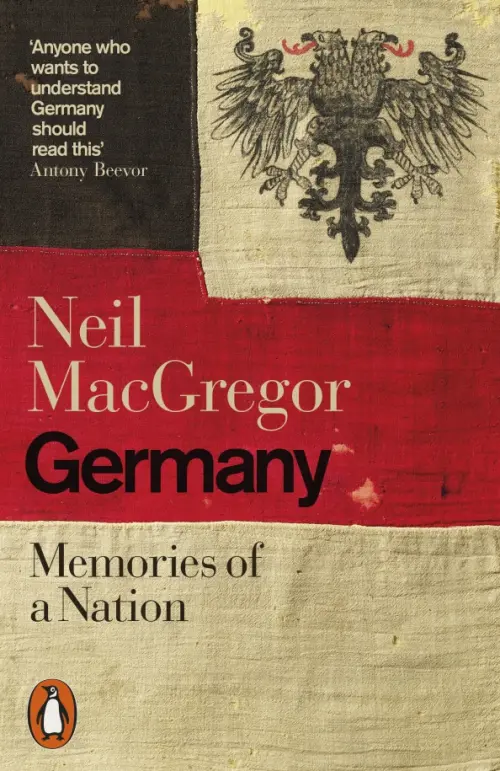На протяжении последних 140 лет Германия была центральной державой континентальной Европы. Двадцать пять лет назад возникло новое немецкое государство. Насколько мы на самом деле понимаем эту новую Германию и как ее жители теперь понимают самих себя?
Нил Макгрегор утверждает, что однозначно для любой европейской страны невозможно построить последовательное, всеобъемлющее повествование об истории Германии, поскольку ее география и история всегда были нестабильными. Ее границы постоянно менялись. На протяжении большей части пятисот лет, описанных в книге "Германия. Воспоминания нации", эта страна состояла из множества отдельных политических единиц, каждая со своей историей. И любая единая национальная история, которую немцы могли бы рассказать себе до 1914 года, была разрушена событиями последующих тридцати лет.
Книга на английском языке.
From Neil MacGregor, the author of A History of the World in 100 Objects, this is a view of Germany like no other
For the past 140 years, Germany has been the central power in continental Europe. Twenty-five years ago a new German state came into being. How much do we really understand this new Germany, and how do its people now understand themselves?
Neil MacGregor argues that uniquely for any European country, no coherent, over-arching narrative of Germany's history can be constructed, for in Germany both geography and history have always been unstable. Its frontiers have constantly floated. Konigsberg, home to the greatest German philosopher, Immanuel Kant, is now Kaliningrad, Russia; Strasbourg, in whose cathedral Johann Wolfgang von Goethe, Germany's greatest writer, discovered the distinctiveness of his country's art and history, now lies within the borders of France. For most of the five hundred years covered by this book Germany has been composed of many separate political units, each with a distinct history. And any comfortable national story Germans might have told themselves before 1914 was destroyed by the events of the following thirty years.
German history may be inherently fragmented, but it contains a large number of widely shared memories, awarenesses and experiences; examining some of these is the purpose of this book. Beginning with the fifteenth-century invention of modern printing by Gutenberg, MacGregor chooses objects and ideas, people and places which still resonate in the new Germany - porcelain from Dresden and rubble from its ruins, Bauhaus design and the German sausage, the crown of Charlemagne and the gates of Buchenwald - to show us something of its collective imagination. There has never been a book about Germany quite like it.
У этого товара нет ни одного отзыва. Вы можете стать первым.



